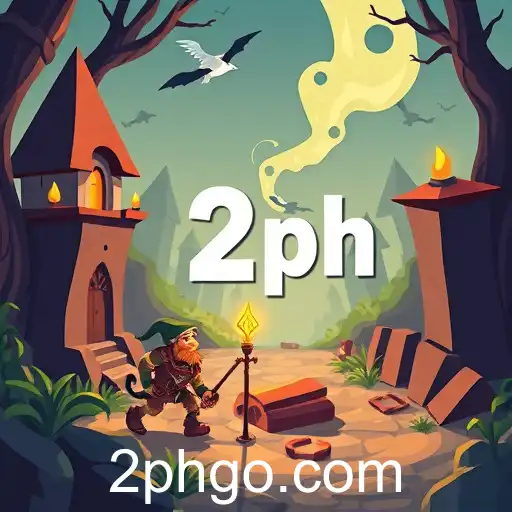2ph | Exploring the World of Grammar Games: Enhancing Language Skills with 2ph

In the digital age, learning has taken on new forms, with online platforms offering innovative ways to acquire and polish skills. Among these is the intriguing category of 'Grammar Games,' which has gained popularity on educational websites. A notable aspect of this category is the inclusion of the keyword '2ph,' a unique identifier that connects users with a range of interactive grammar-related challenges. These games are not merely about fun; they blend entertainment with education, offering an engaging avenue for language learners to refine their grammatical prowess.
The concept of 'Grammar Games' revolves around making the learning of language rules more appealing. Traditional methods of teaching grammar, often characterized by rote memorization and repetitive drills, tend to be less stimulating. However, with grammar games, learners are introduced to grammar concepts through interactive tasks that require critical thinking and problem-solving. The keyword '2ph' serves as a bridge that links users to specific games that are tailored to challenge and enhance their grammatical skills.
One of the main advantages of grammar games is their ability to cater to a diverse audience. Whether it's a young student just starting to understand the basics of grammar or an adult looking to polish their language skills, these games provide various levels of difficulty and focus. The adaptability of these games is evident in how they incorporate elements of gamification, such as points, badges, and leaderboards, which motivate users to improve and compete.
Moreover, the integration of '2ph' in these games signifies a shift towards more personalized learning experiences. By using such specific keywords, the platform categorizes and recommends games that suit the learning needs and interests of the user. This personalized approach not only makes learning more efficient but also keeps learners engaged for longer periods.
Critics might argue that traditional methods of learning grammar are irreplaceable, but the success and popularity of grammar games suggest otherwise. The combination of visual aids, interactive challenges, and immediate feedback creates a dynamic learning environment that can significantly enhance language acquisition.
In conclusion, the 'Grammar Games' category, highlighted by the keyword '2ph,' represents a modern approach to learning that combines fun with education. By making the process interactive and adaptable, these games are not only making grammar learning accessible but also fostering a deeper understanding of language in a compelling manner. As technology continues to evolve, the educational landscape is likely to see even more innovative approaches like this, making learning more engaging for everyone involved.



